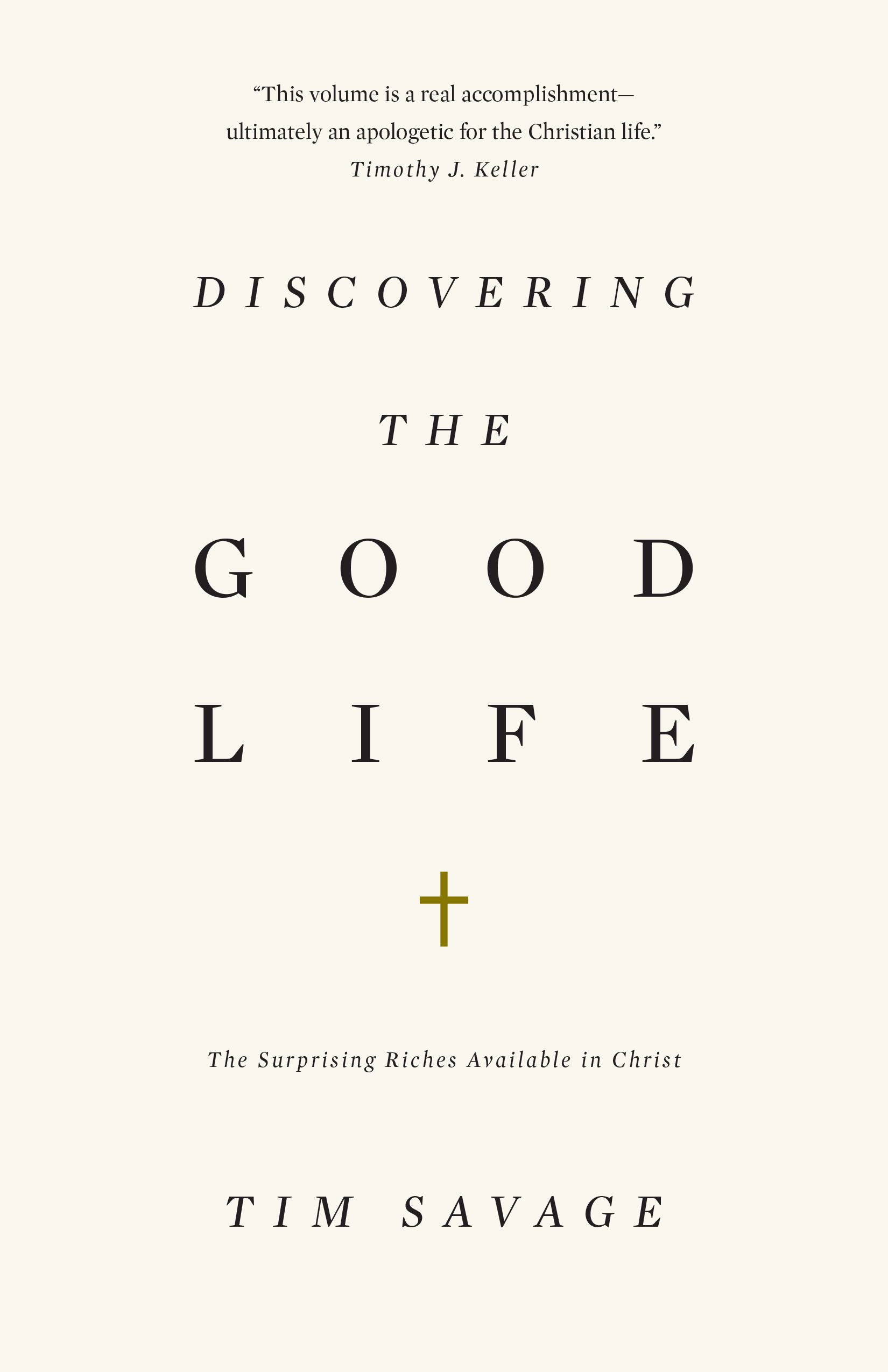Sins Plural and Sin Singular

“Although they knew God, they did not honor him as God or give thanks to him . . . but they exchanged the glory of the immortal God for the worship of themselves.”
(Romans 1:21, 23)
Sin is the only thing that makes sense of reality.
In the beginning, when Adam and Eve took the forbidden fruit, they set the template for sin – it was the act of self-grasping.
As humans, we are all self-grasping. We are self-absorbed, self-interested, and self-seeking. And everything that ails our race can be traced to this one destructive impulse.
Why is there anger? Why is there anxiety? Why is there war? Why is there poverty? Why is there pornography? Why is there divorce? Why is there exploitation? Why is there betrayal? Why is there division? Why is there addiction? Why is there abuse?
Because we are self-grasping.
Most of us will admit to these sins. We have all done a lot of grasping for ourselves. But while we will admit to the sins of self-grasping, hence to sins plural, we find it more difficult to own up to sin singular.
What is sin singular?
It’s the sin beneath sins plural. It’s the sin that gives rise to sins plural.
It’s wanting to be the gods of our lives – to call our own shots, to do our own thing, to pursue our own desires. It’s seeking to make a life for ourselves apart from God. In short, it’s the sin of self-worship, and it explains why we are self-grasping.
Sin singular always leads to sins plural, because what we are, people seeking to be gods of our own lives, guides what we do, people who grasp for themselves.
It’s much easier to confess sins plural than to confess sin singular.
Why?
Because admitting that we’ve done wrong things is far less difficult than admitting that we’re wrong at the core of our beings.
But until we confess sin singular, the sin of wanting to be gods of our own lives, we haven’t truly come to grips with our sin.


One response to “Sins Plural and Sin Singular”
Add your voice to the conversation: